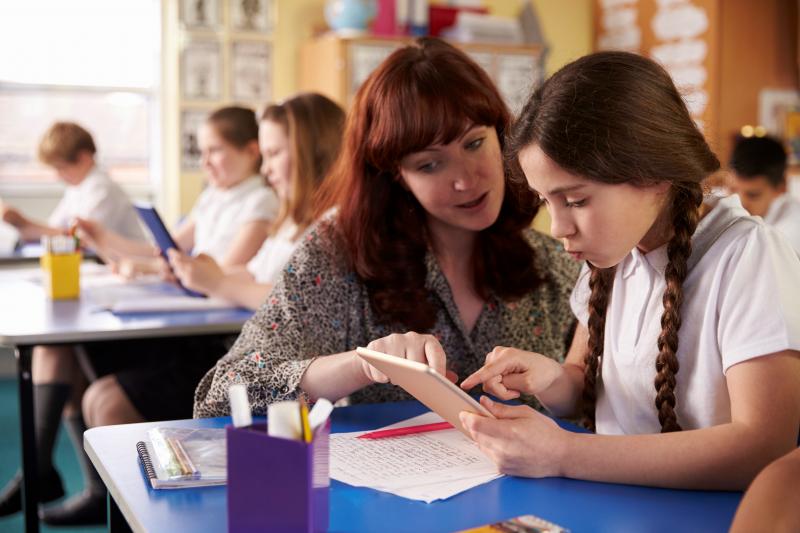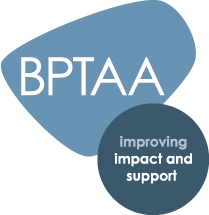Teaching assistants are integral to better learning outcomes, but not always a valued and fully utilised member of staff.

According to government statistics, there are 388,000 TAs working in schools in England. This represents a total cost of around £4.4 billion each year.
These figures alone should surely indicate the value that TAs bring to schools in their increasingly complex roles – roles that have certainly transformed from what was expected years ago.
‘There is no reason why they should not prepare materials for art and craft, look after plants and animals, help with displays and exhibitions and record school broadcasts.’
Plowden, B., ‘Children and their Primary School: Report of the Central Advisory Council for Education’ (London, HMSO).
Nowadays it is difficult to imagine schools without TAs – they have become an integral part of their efforts to promote better outcomes and life chances for pupils.
On the other hand, there has been little statutory guidance regarding the effective use of TAs. How can schools make the most of this valuable role?
As a teacher and teacher adviser who has provided support for TAs in the North West for over two decades, I needed to make sense of this situation myself. I had become very conscious of conflicting and confusing views.
Every TA that I talked to loved their work, yet there was clearly a disparity in the level of support they received from their respective schools; one admitted to feeling like ‘a lesser being’.
Every TA that I talked to loved their work, yet there was clearly a disparity in the level of support they received
These revelations provided the inspiration for my doctoral research project. I decided to listen to how TAs perceived their own situation. Most praised their teachers, but wanted wider school support such as appraisal, training and access to information:
‘But we don’t want to be equals – we don’t want the work and the planning they do but I think there is a line when any adult deserves to be treated with respect.’
My research also suggested that TAs saw their role not as replacements for teachers or as unqualified helpers, but as a role that has value of its own. This begs the following questions.
The TAs that participated in my research knew what they needed. A good starting point for your school would be to ask your TAs and teachers how you can best support them in providing high quality teaching and learning.
Taking on board their concerns is instrumental to mutual trust and a feeling of ownership over what could become a period of significant change.
 Demonstrate best practice
Demonstrate best practiceThe Best Practice with Teaching Assistants Award helps schools to work more effectively with teaching assistants and evidence their impact across all areas of the school.
In addition to carrying out an audit of their skills and knowledge, why not give TAs the opportunity to identify responsibilities they feel more or less confident in fulfilling. This will subsequently inform the planning of future CPD.
Having these conversations and making these changes will ensure you spend every penny well, and your TAs will support teaching and learning to best of their ability. This approach will help to keep staff on board and create change with TAs (and teachers), rather than done to them.
Surely this must be a way of putting pupils first within a school's framework of aspiration.
 Make an impact
Make an impactDownload your copy of our resource pack for teachers and TAs, Teaching assistants with impact: a toolkit.
The 30-page booklet features resources, strategies and case studies to support effective teacher and TA partnerships.